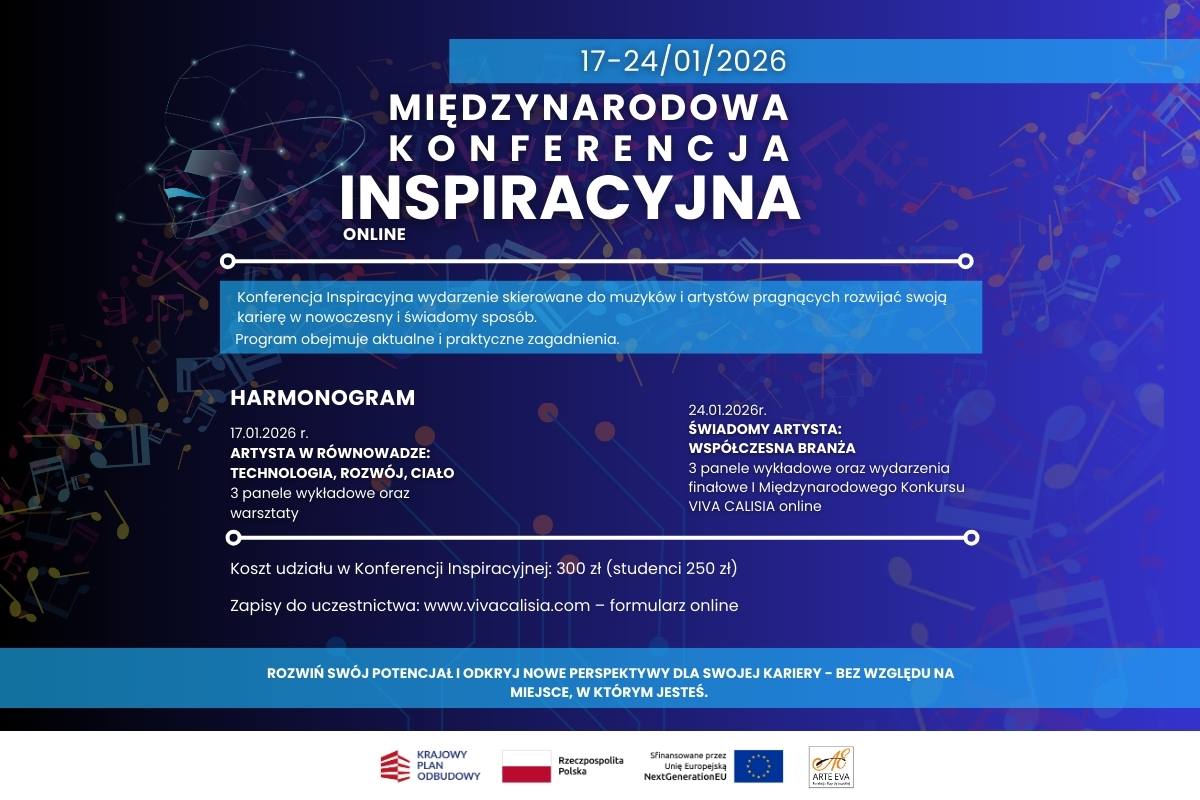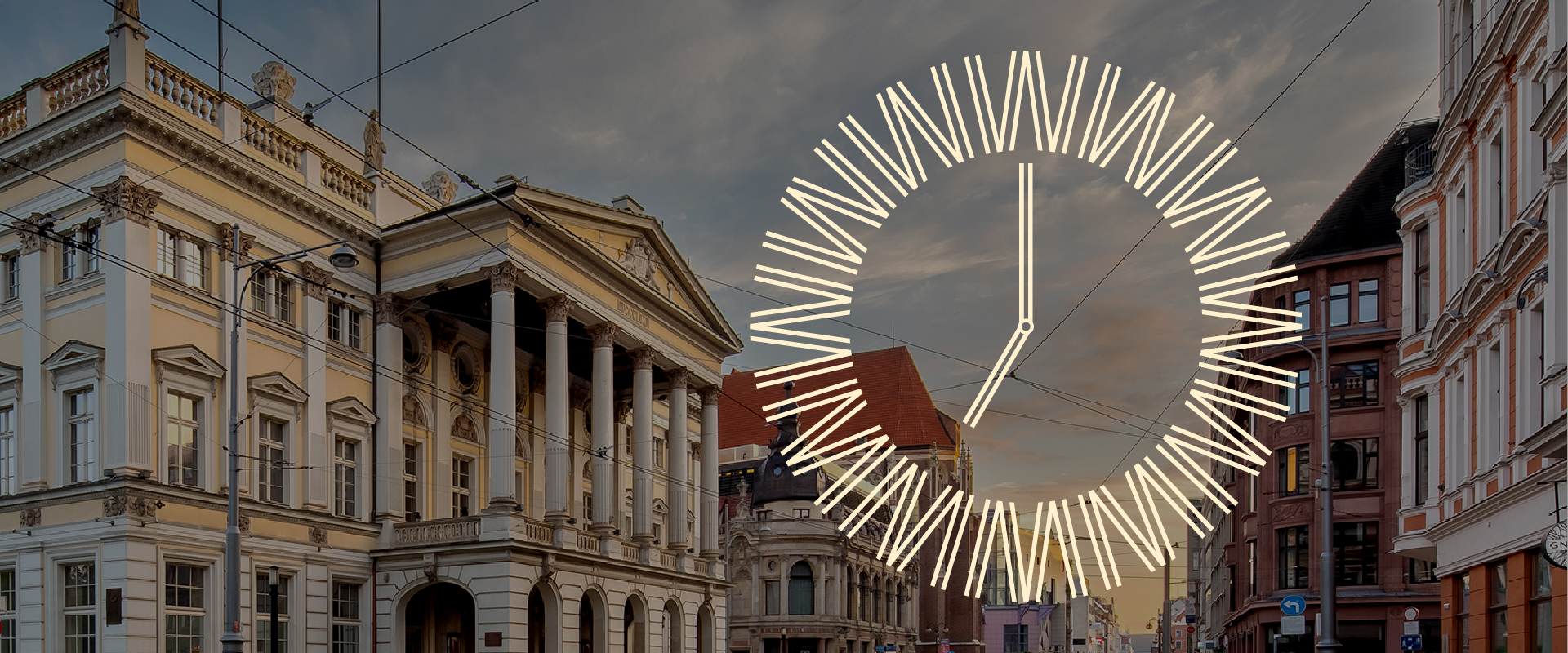 Time that leads to immersion. Why do opera performances last so long?
Time that leads to immersion. Why do opera performances last so long?
It is so difficult for us to escape from everyday life, plans, deadlines, obligations. We believe we are present, we feel and experience — and yet we keep jumping from one activity to another, dividing them into units of time. Modern life supports this habit in every way. Somewhere in this rushing world, opera — with its emotional depth, expansive form, and disregard for the time — seems like a phenomenon from another realm. But that’s exactly why we need it so much nowadays. It does not give ready-made answers. It does not demand quick reactions. Opera allows us… to disappear from life for a moment, in order to experience it in a genuine way.
Rehearsals are currently underway at the Wrocław Opera for the premiere of “Don Carlo” — Verdi’s monumental work set in 16th-century Spain, in the shadow of the Inquisition and great passions. It is a story of love, sacrifice, power, and rebellion — but above all, about truths that transcend time and historical context. This is precisely what makes it so moving even today.
Director Michał Znaniecki emphasizes that opera is not a history lesson. It is an emotional journey inward: “This is what operas speak about — not in a documentary or didactic way. It’s not a spectacle about the history of Spain, but a space where reflection can be born — says Znaniecki.
He particularly encourages those who do not usually attend opera to give it a try: Opera provokes — it makes you think, cry, confront your own perception. And there’s no need to fear that.
It is time — the quiet, unfashionable hero of opera — that allows us to unplug from everyday life. As the director notes: Monteverdi was able to create operas that lasted five, even six hours. These were hypnotic sessions — after some time, the viewer stopped thinking about parking, dinner, work. They entered the world of emotion. And that takes time.
Today’s audiences are not always ready for a three-hour experience — but that is exactly what is needed to surrender control. Sophie Leroy, in her research published in the scientific article “Why is it so Hard to do My Work?” (2009), introduced the concept of “attention residue,” showing that it takes at least 20–30 minutes for our minds to fully engage and shift from a task-focused mode to a contemplative one. And that is just the beginning.
According to a report by OPERA America, it is precisely the long duration that allows audiences to achieve a state of deep immersion — a point at which emotions become personal and art stops being someone else’s story and starts becoming a mirror.
OPERA VERSUS INSTANT CULTURE. THE LAST BASTION OF DEEP TIME
We keep hearing: “shorter, faster, more concise.” Instant culture has already consumed books, movies, news. In such culture, opera is a peculiar rebel. It does not fit into a 30-second clip, it cannot be fast-forwarded. It persists. And it demands that we persist with it.
“Don Carlo” is not just a story about a prince torn between love and duty. It is also an intimate test of our ability to be present. Director Michał Znaniecki puts it plainly: Today’s perception convinces us that a 40-minute show is ideal, like an episode of a TV series. It is not true. If an opera is well constructed, if it carries emotions, time does not matters. Three hours? Five? It truly does not matter — because we are in another world. And there is no need to fear that.
This idea acts like a key: time is not the enemy, but a tool of transformation. The viewers who stay until the end do not do so out of obligation — they do it because they are moved. According to Laidlaw Opera Research Report (2024), audience members who experienced the full length of a performance reported higher levels of emotional engagement than those who left early or interrupted their experience.
Opera does not have to be easy or pleasant. It can discomfort, it can provoke. But — as Znaniecki says — it is a space with no need to be ashamed. Not of tears. Not of thought. In a world reduced to shortcuts and the promise of quick rewards, opera becomes the last bastion of deep time — a place where we can truly surrender to music, to the story, and to ourselves.




